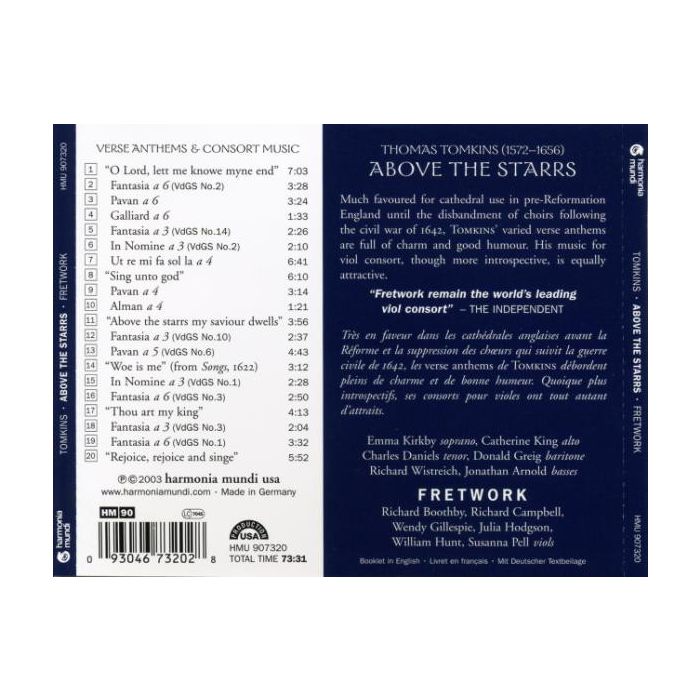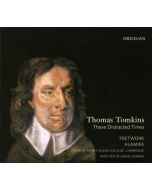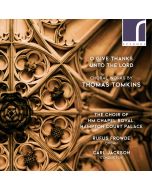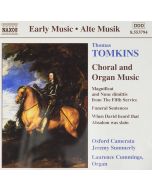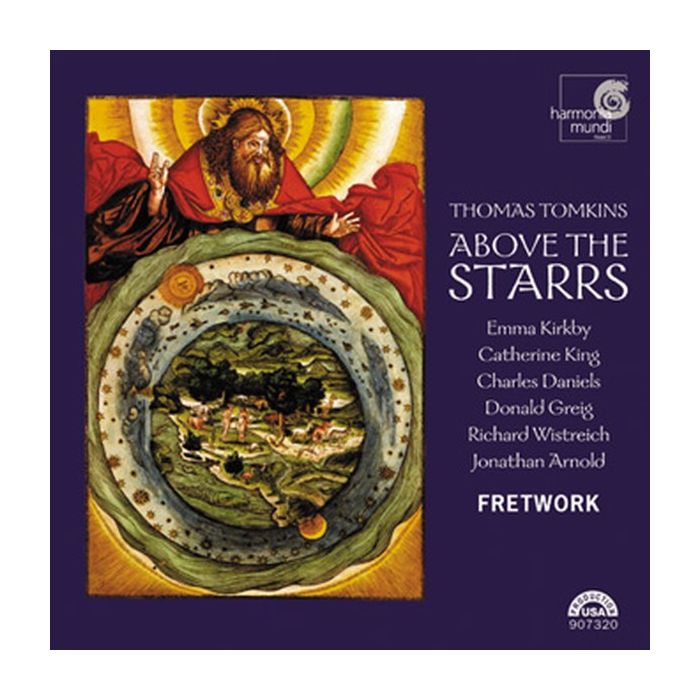
(Produkt nie został jeszcze oceniony)
kompozytor
Tomkins, Thomas
tytuł
Tomkins: Above the stars
wykonawcy
Fretwork, Kirkby, Emma
nr katalogowy
HMU 907320
opis
Nakład wyprzedany, ostatni egzemplarz In 1547, Henry VIII declared the independence of his English national church from the papal sovereignty, which marked the beginning of a hundred years of unparalleled flowering of church music in England. William Byrd and his pupil Thomas Tomkins are just two of the many composers who carried the great legacy of English polyphonic music of the late Middle Ages into the new age. The artistry of the polyphonic movement inherited from the late Middle Ages was combined with an extraordinary virtuosity in setting the emotional content of religious poetry to music. Here Tomkin's extraordinary achievements were particularly noteworthy. Oliver Cromwell's revolution, which bathed in the blood of King Charles I, who was executed in 1649, and forced the people into the tight corset of puritanical morals, also abolished church choirs. Tomkins, who reached an unusually high age for his time at 82, was nevertheless not to live to see the return of the Stuarts to the royal throne in 1660 and the subsequent restoration of the Anglican state church. But his music remained alive: Even today, it still lifts its listeners to heavenly heights in the artistic mesh of polyphony and with its depth of feeling, as these recordings with Emma Kirkby at the head of a magnificent vocal ensemble and the gamba ensemble Fretwork prove.
• Tomkins: Fantasia No. 4 a 6 in G Minor
• Tomkins: In Nomine
• Tomkins: Sing unto God
• Tomkins: Verse Anthems and Consort Music
Works:
• Tomkins: Alman
• Tomkins: Fantasia No. 4 a 6 in G Minor
• Tomkins: In Nomine
• Tomkins: Sing unto God
• Tomkins: Verse Anthems and Consort Music
nośnik
CD x 1
wydawca
Harmonia Mundi
data wydania
20.08.2003
EAN / kod kreskowy
093046732028
99,00 zł
Produkt dostepny w niewielkiej ilości.
Wysyłka w ciągu 3 dni roboczych
Darmowa wysyłka dla zamówień powyżej 300 zł!
Darmowy kurier dla zamówień powyżej 500 zł!
sprawdź koszty wysyłki